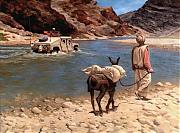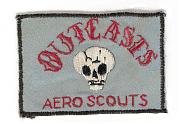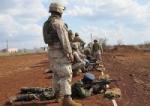I believe your four conclusions are, regrettably, totally correct.
And I didn't say your post was great because you hit most all my picks in about the same order I'd have used had i not gone chronological. You did miss my boy, Galusha Pennypacker, MH, BG, USV...


















Bookmarks